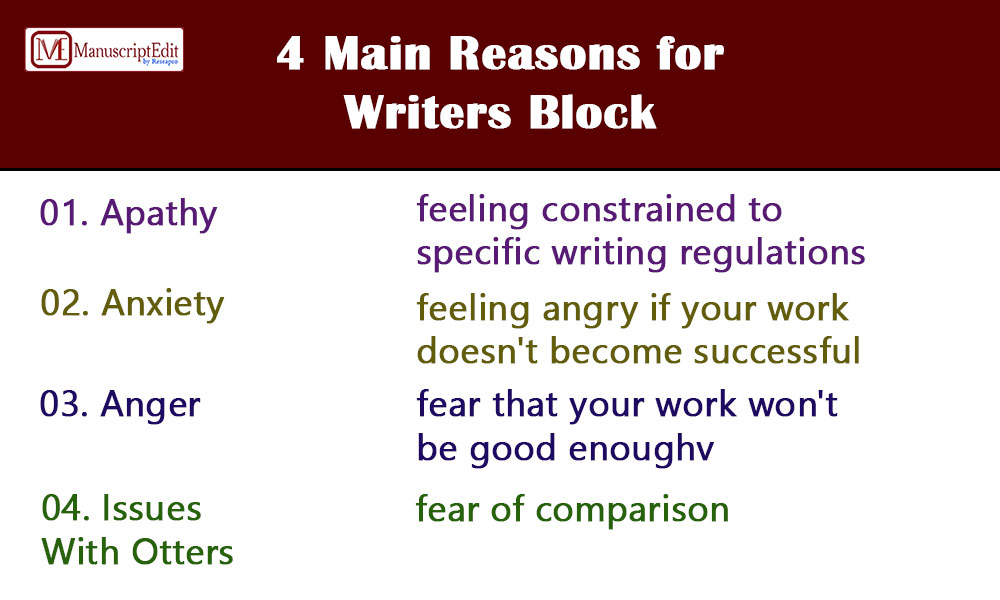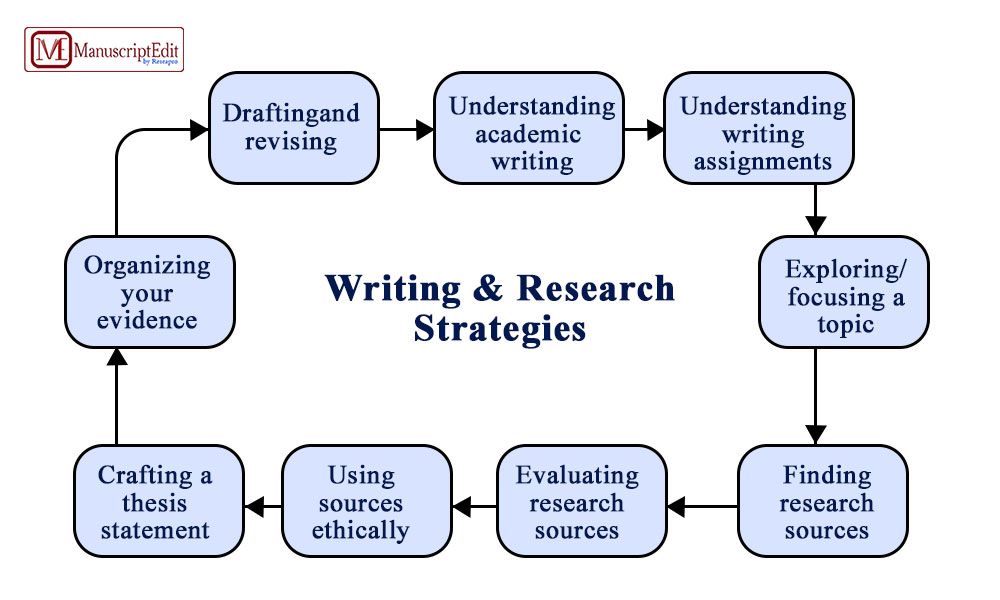
Since efficient writing is essential for research papers and communication, writer’s block can impede scientific advancement. This article examines methods for getting past writer’s block when writing science writing research papers, emphasizing research papers and scientific paper format.
Causes of Writer’s Block in Scientific Writing
Because of a deep-seated fear of rejection or failure, which paralyzes them with the idea that their work will not meet the rigorous standards of scholarly inspection, scientific writers frequently suffer from writer’s block.

A significant obstacle can also be losing inspiration or motivation as the creative spark to create or synthesize complicated concepts dwindles. It might be challenging to get or keep momentum when writing papers, as many people need help structuring their ideas or organizing them coherently.
Furthermore, the never-ending quest for perfection can impede growth by forcing one to rewrite a manuscript incessantly and make them reluctant to publish it, exacerbating writer’s block.
 How to Write a Scientific Research Paper?
How to Write a Scientific Research Paper?
One needs to combine a writer’s inspiration, preparation and a positive outlook to overcome writer’s block when writing in science.
Planning and Organization
Planning and organization come first and are crucial. Researchers can visualize the structure of their work and reduce the scary nature of writing by developing an outline or concept map. Dividing the task into smaller, more manageable portions helps maintain attention and momentum.
Planning Inspiration and Motivation
It’s equally important to find motivation and inspiration. Reading widely in a field that interests oneself might inspire new thoughts and offer novel viewpoints. Working with friends or coworkers provides a forum for ideation and discussion, transforming individual hardships into group endeavors.
Setting reasonable goals and deadlines gives the writer a feeling of urgency and purpose, encouraging them to keep going.
Overcoming the Fear of Criticism
Finally, growth requires overcoming perfectionism and the fear of criticism. Writing a “bad” first draft can help relieve the strain of perfection and free up more creative energy. Asking for and accepting input from others can strengthen a writer’s resilience and improve their work.
In the demanding yet rewarding field of scientific writing, seeing criticism as a chance for development rather than a personal jab can help turn intimidating roadblocks into opportunities for advancement, thus assisting in overcoming writer’s block.

Conclusion
Scientists can overcome writing obstacles by knowing what causes writer’s block and using techniques like brainstorming, overcoming perfectionism, and planning. Scientists may write better, explain their research more effectively, and increase scientific knowledge with perseverance and practice. Continue publishing your writings and discussing your scientific findings.
References
https://owl.purdue.edu/owl/general_writing/the_writing_process/writers_block/index.html
https://www.cwauthors.com/article/Overcoming-writer-s-block-for-academics
https://academicpositions.com/career-advice/9-strategies-to-overcome-writer-s-block
